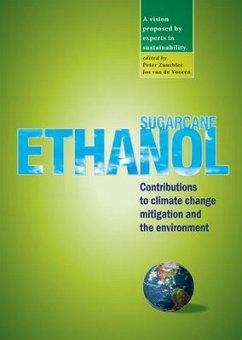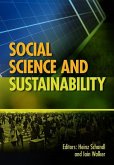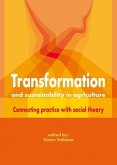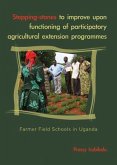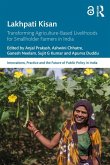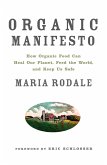"Climate change is a challenge facing human life. It will change mobility and asks for new energy solutions. Bioenergy has gained increased attention as an alternative to fossil fuels. Energy based on renewable sources may offer part of the solution. Bio ethanol based on sugar cane offers advantages to people, the environment and the economy. Not surprisingly, governments currently enact powerful incentives for the development and exploitation of bio ethanol. However, every inch we come closer to this achievement, evokes more scepticism. Many questions are raised relating to whether sugar cane is really a sustainable solution. Still much is unknown about the net release of carbon dioxide and what the impacts of sugar cane expansion are on green house gas emissions. This book looks at the scientific base of the debate on sugar cane bio ethanol. Authors from Europe, Brazil and the USA capture many aspects of what is known and address assumptions while not denying that still much is unknown. It covers impacts on climate change, land use, sustainability and market demands. This publication discusses public policy impacts, technology developments, the fuel-food dilemma and the millennium development goals. This makes this publication unique and extremely relevant for policymakers, scientists and the private energy sector worldwide."
Hinweis: Dieser Artikel kann nur an eine deutsche Lieferadresse ausgeliefert werden.
Hinweis: Dieser Artikel kann nur an eine deutsche Lieferadresse ausgeliefert werden.

